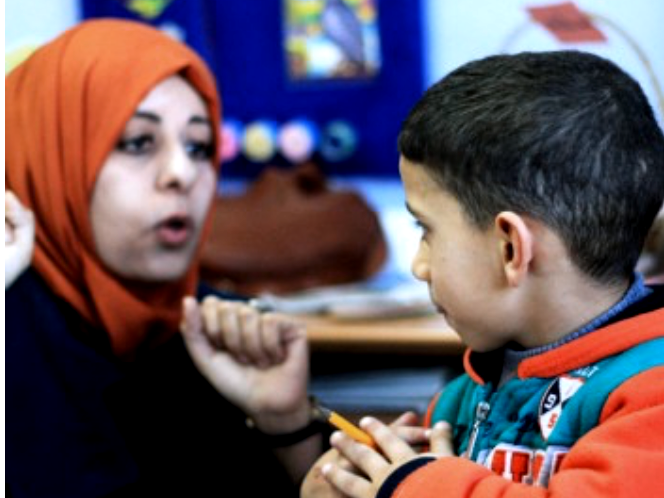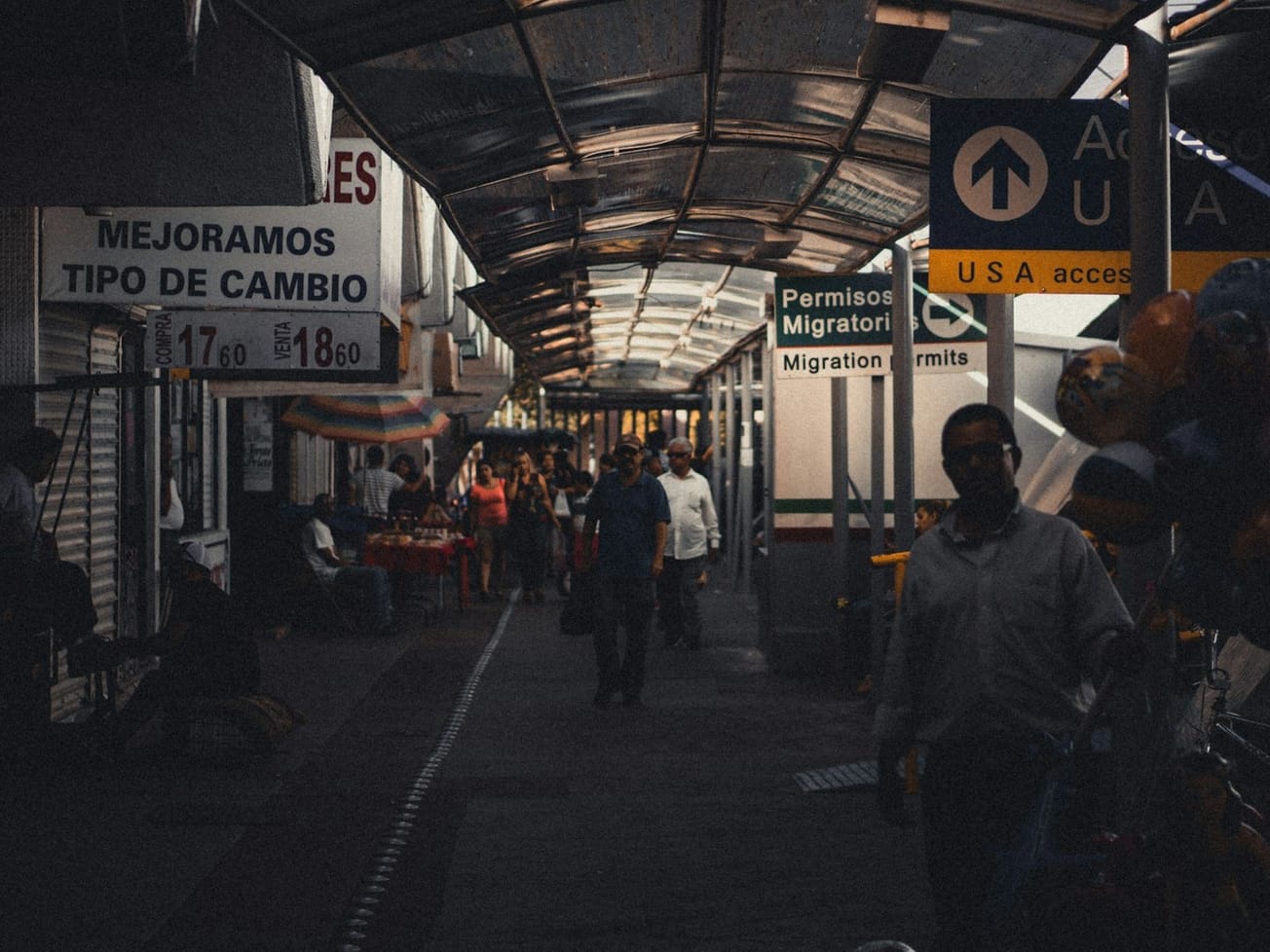Fallout from allegations that U.N. employees took part in last October’s terror attack on Israel continued with the embattled UNRWA announcing that funding cuts will likely force the agency to stop helping some 250,000 Palestinian refugees living in Lebanon.
The United Nations Relief and Works Agency, the main provider of aid to desperate and displaced Palestinians, is running out of money after at least 18 major funders, including Germany and the United States, stopped their pledged donations.









